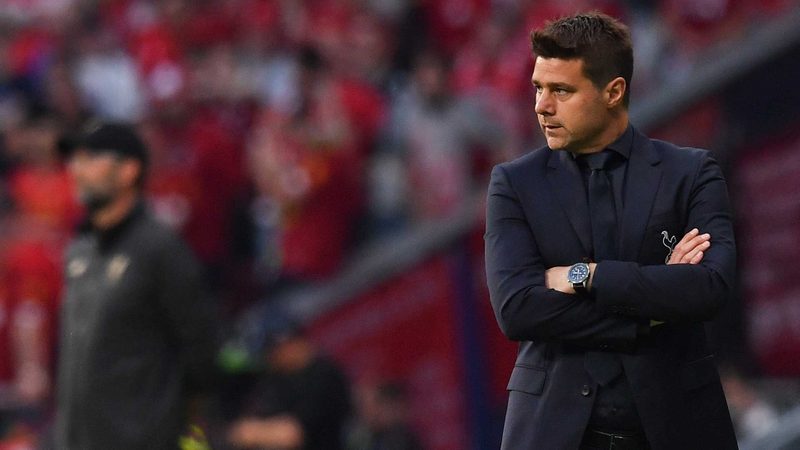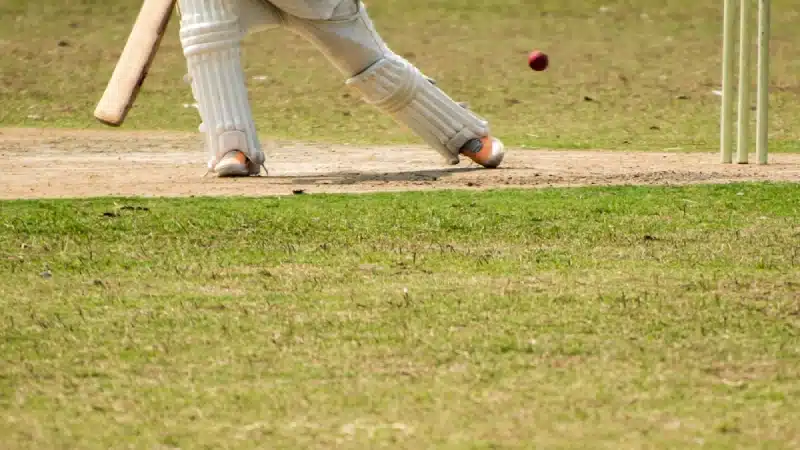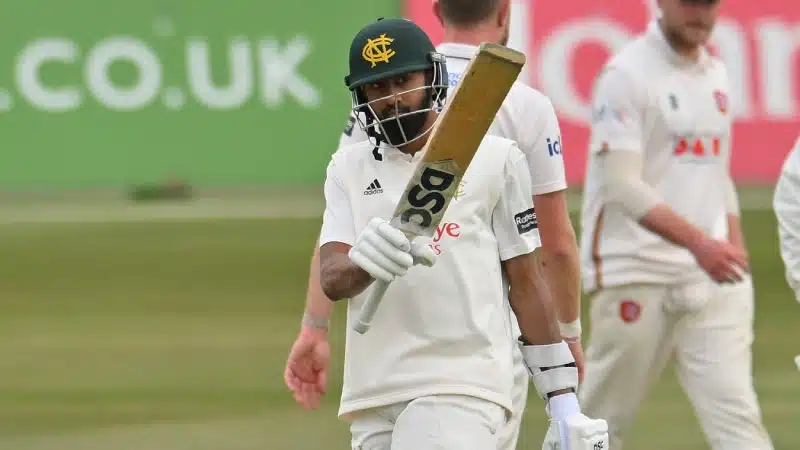
When Mauricio Pochettino took over Tottenham, he knew the task he had signed for is a work in progress. The assurance of taking the club into the league of elites (the top four) was still a far-fetched fantasy let alone thinking of reaching out a hand towards the club’s first title since 2008.
Tottenham had nothing to lose, yet a lot was at stake. The substandard returns from the likes of Andre Villas-Boas and Tim Sherwood coupled with a shabby business done with the £90 million received from Gareth Bale’s sale to Real Madrid didn’t really pay any dividend, to say the least.
When Pochettino arrived, a certain Harry Kane was struggling for consistency after spending his time out on loan with Norwich as well as Leicester City. Michael Dawson skippered the side, with Younes Kaboul being his second deputy… You get the idea, right?
Pochettino’s entrant was seized through a great deal of buoyancy. After all, he had guided Southampton to their best-ever point tally in the Premier League a season before. Becoming their tenth manager over the course of 12 years, the Argentine took no time in outrightly getting rid of the deadwood. The likes of Soldado, Kaboul, Paulinho, Sandro, Dawson and others were relinquished in place of the arrivals of Heung-min Son, Toby Alderweireld, Eric Dier, Kieran Trippier, Dele Alli and Co.
Pochettino’s philosophy of building his team around the youth, which he had been carrying since the beginning was again made evident. Apart from tinkering the tactics, the blueprint he laid down with such a limited budget is a result of sheer masterclass. Inducing an aggressive style of play, the Argentine drilled a defensive solidity between the likes of Alderweireld and Jan Vertonghen, while also demanding a high-pressing line from his midfielders.
And as he figured Ryan Mason and Nabil Bentaleb aren’t suited for the job, Dier and Mousa Dembele came into the fray. Pochettino’s progress at Tottenham can be understood through the fact that he led his team to a fifth, third and a second-place finish in his first three seasons. Before Pochettino, Spurs’ average finish in the Premier League lied between 8-10. Their best-ever finish in the pre-Pochettino era was fourth which they had only achieved twice.
If trophies are a synonym to success, Pochettino is indeed a failure. But the fact that he worked through his team without signing a single player in 2018 and reaching the Champions League Final is no cakewalk. Four years onto the Argentine’s Tottenham tenure, Kane – who wasn’t afforded the deserved playing time during his loan spells – became a Premier League and World Cup Golden Boot winner; and not a ONE SEASON WONDER. Alli went from playing in League One to becoming a two-time PFA Young Player of the Year.
Pochettino has installed a much-needed self-belief not just amongst the players, but also amongst the faithful. And while his men sometimes stumble upon their way, there is no denying the fact that Pochettino has taken Tottenham from being a mid-table club to a European giant.
Feature image courtesy: AFP / Ben Stansall




















